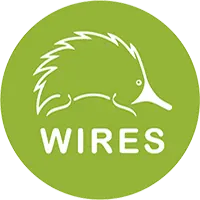2023 NGP Recipients
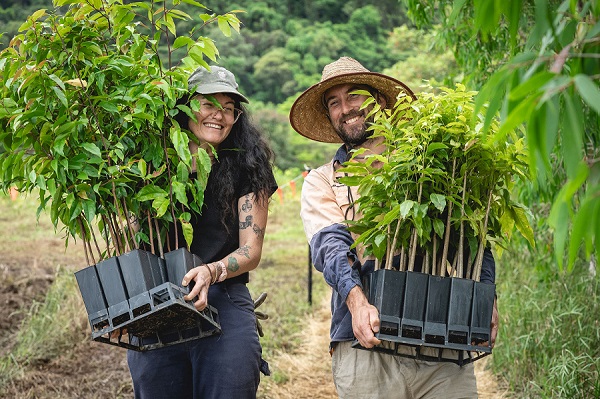
WIRES committed $5 million dollars to a five-year National Grants Program to be rolled out from 2021-2025. The WIRES National Grants Program (WIRES NGP) is designed to support best practice rescue and rehabilitation of wildlife, an increase in emergency preparedness in the sector, and native species recovery projects to improve long-term outcomes for wildlife in Australia. For more information and application details, view the WIRES National Grants Program overview.
As part of the grants program we have awarded three special named grants in honour of Mikla Lewis, Pat Connors and Helen George, three incredible individuals critical to WIRES inception and development. These grants are The Mikla Lewis OAM Habitat Restoration & Enhancement Grant, The Pat Connors Avian Grant and The Helen George OAM Mammal Grant.
In 2023, there were 75 successful projects, across Australia.
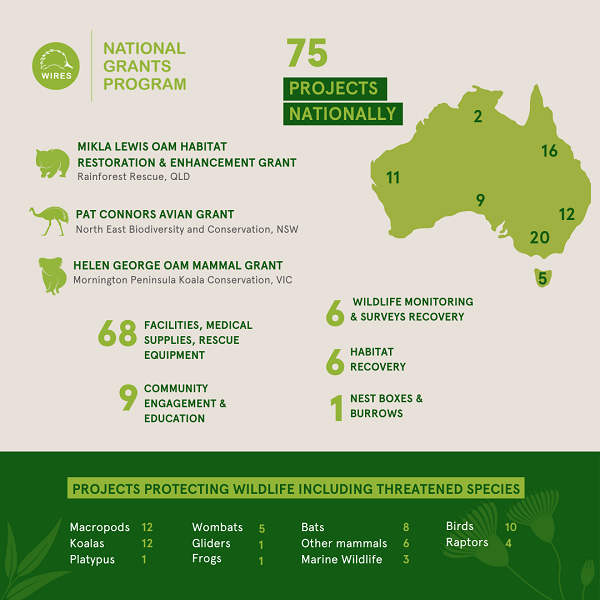
2023 - Successful Grant Recipients and Projects
The three special grants recipients are:
The Mikla Lewis OAM Habitat Restoration and Enhancement Grant – Rainforest Rescue (QLD)
Project - Restoring & Rebuilding Bat Rainforest Habitat and Population
In 2015 Rainforest Rescue was approached by land-owner Annie Shoenberger, owner and founder of NightWings Rainforest Centre and devoted bat carer, to transform fifteen hectares of old sugarcane fields into thriving Daintree lowland rainforest. Since then, tens of thousands of trees have been planted at NightWings by staff and volunteers, to repair this damaged land and re-build a vital wildlife corridor between the upland rainforest and beyond to the coast.
Use of the grant:
- Wetland earth works at NightWings, involving the planning, preparation, labour costs, materials, approvals from council and hiring of a contractor to perform the excavation work
- Ongoing audio and visual monitoring and species' metric collection of bat life at NightWings, performed by our collaborating partner Flying-foxes FNQ
- Local education initiatives that focus on creating awareness and education around activities to keep flying foxes safe especially through heat waves, communicated through schools and local market stalls and events. It's important also to change attitudes towards flying foxes as there is some negative perception. We'd also like to - through our New Nursery too - recommend specific species' for local residents, organisations, who are interested in protecting flying foxes in their own backyard and increasing their populations by providing safe habitat (i.e planting melaleucas etc).
- The planting of 500 wetland species' of rainforest seedlings in the wetland area.
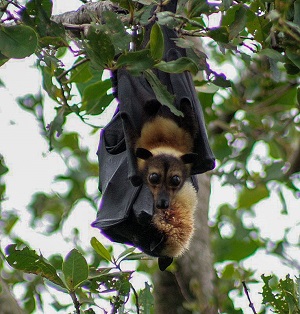
Pat Connors Avian Grant – North East Biodiversity and Conservation (NSW)
Project - Endangered Coastal Emu Population Supplementation
This project is a component of the broader Coastal Emu endangered population conservation project within the NSW Saving our Species program. The Coastal Emu endangered population, genetically different from inland emu, is estimated to be fewer than 50 individual birds. To assist recovery of the population, Saving our Species is undertaking a captive incubation, chick raising and release program. Chicks hatched from wild eggs collected will be raised to 3 - 6 months of age before being released to an internal area dubbed an 'airlock' within a larger feral predator free area (soft-release site) on private property. This project will assist the birds' transition from the 'airlock' to the larger larger feral predator free area. In addition, this project will form a blueprint for recovery of emu following bushfire or other natural disaster and increase capacity for emergency responses .
Use of the grant:
- Provision of husbandry activities including supplementary feed (if required) and minor field consumables
- Purchase and operation of five wildlife monitoring cameras for strategic placement inside the feral predator free 'air lock' area
- Infill plantings as food sources for the emu chicks, to be undertaken by a local team of Indigenous bush regenerators
- Awareness raising activities for the Coastal Emu, including contribution towards an Emu Festival to be hosted by our Indigenous partners
- Collection of eggs from wild nests (under our current Scientific License and Animal Research Authority (attached), for incubation and hatching in August 2024.
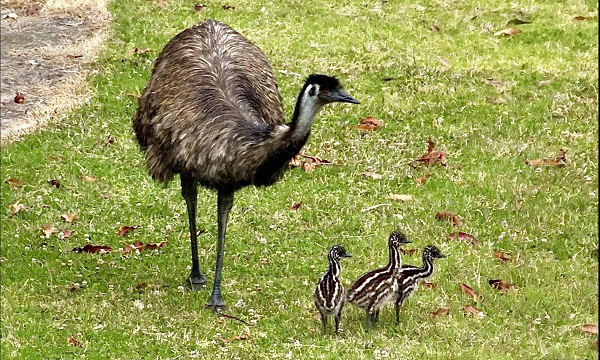
Helen George Mammal Grant – Mornington Peninsula Koala Conservation (VIC)
Project – Western Port Bay Biolink Project
Mornington Peninsula Koala Conservation https://www.mpkoalas.org.au) is restoring fragmented koala habitat, where 70%+ of koala habitat is private land. Our very successful project has been running since 2019 and requires funding for 2024 and beyond, to increase tree canopy and revegetate farmland. We aim to plant more than 25,000 indigenous plants annually.
The project is based on the Mornington Peninsula and aims to strengthen vegetation surrounding Western Port Bay, a UNESCO biosphere reserve and Ramsar site. Over several years, the project will focus on the area between HMAS Cerberus (Somers) and Pearcedale to increase tree canopy and vegetation and assist with creating a green belt around the bay to aid wildlife movement.
The scope of the project each year usually involves around 25-30 mostly private properties in our target area. In 2024 the target area will be from HMAS Cerberus in Somers to the town of Tyabb.
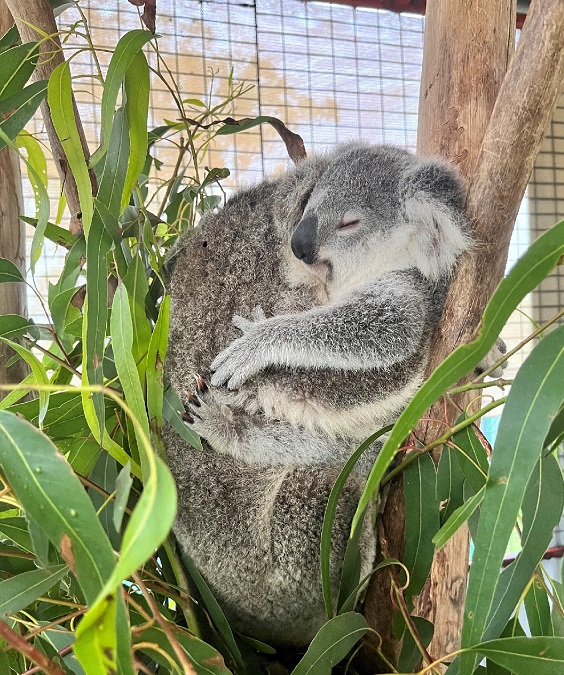
Grants Overview
Tier 1: Individual Licensed carers -22
Tier 2: Wildlife shelters and care groups - 33
Tier 3: NGO, Charities - 15
Tier 4: Consortia/multi party collaborations - 5
Total grants: 75
Geographic Breakdowns
New South Wales: 12
Queensland: 16
Victoria: 20
South Australia: 9
Western Australia: 11
Tasmania: 5
Australian Capital Territory: 0
Northern Territory: 2
Total Grants: 75
Project Categories
Habitat Recovery: 6
Nest Boxes and Burrows: 1
Wildlife Monitoring and Surveys: 6
Facilities, Medical Supplies, Rescue Equipment: 68
Community Engagement and Education: 9
*some projects fall under multiple categories
WIRES is proud to be able to support these fantastic groups and projects, and we look forward to sharing the project updates and outcomes as they take place.
